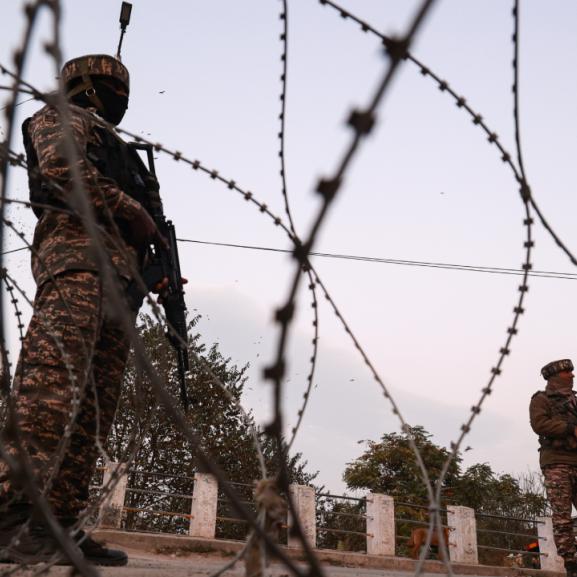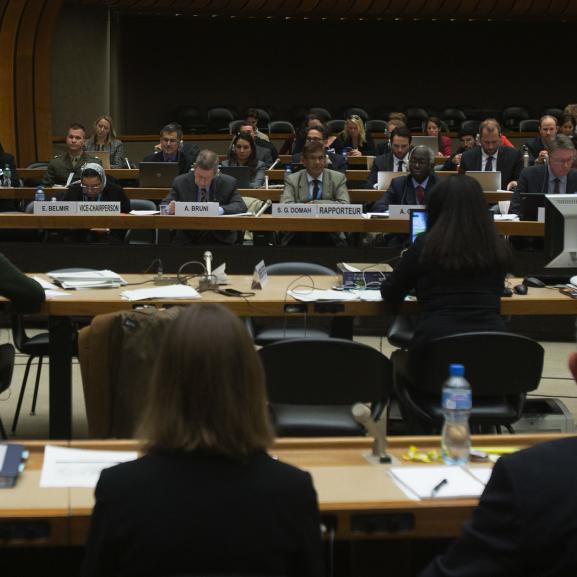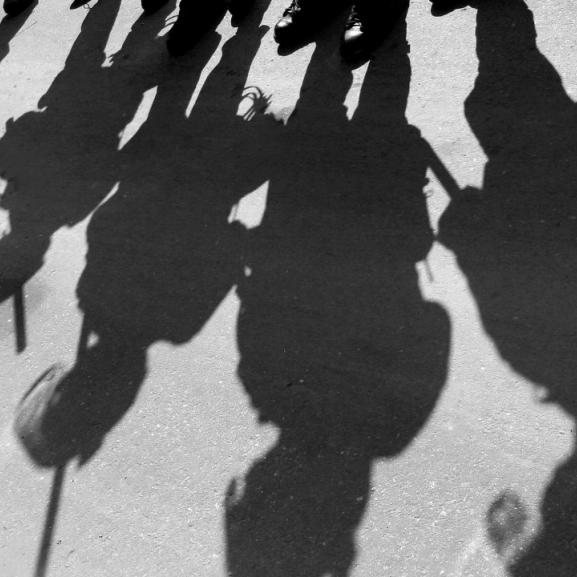New Evidence that Torture is Used in War on Terror
New details about the treatment of suspects held by the US in the War on Terror show routine abuse amounting to torture, according to British charity the Medical Foundation for the Care of Victims of Torture.
The details have emerged in an uncensored letter written by British detainee Mozzam Begg who was arrested in Pakistan early in 2002, and taken for interrogation first to Bagram Airbase in Afghanistan, and then onto the Guantanamo Bay in Cuba where he is still being held.
In the letter, copies of which Begg asked to be circulated to the US Supreme Court, the UK Home Office, and the European Court of Human Rights, as well as human rights groups and a number of lawyers, he accuses his captors of:
- Abduction, kidnapping and false imprisonment
- Holding him in solitary confinement for nearly two years
- Denying him sunlight and fresh food in Bagram for a year
- Stripping him by force and parading him in front of cameras
- Forcing him to listen to the screams of others being tortured
- Subjecting him to threats of Birminghamand death
- Subjecting him to religious and racial taunts
- Forcing him to sign a statement with threats of long- term imprisonment, summary trial and execution
Begg, aged 36, from Birmingham, adds that the treatment meted out to himself and other prisoners culminated with the deaths of two detainees at the hands of US military personnel, to which he was "a partial witness."
Yesterday the Medical Foundation, which has treated one former Guantanamo Bay inmate, and is prepared to send doctors to treat other Britons being held, called for independent medical staff to be given access to detainees, and for the US Congress to use the power of subpoena to investigate the use of torture.
Director of Public Affairs Sherman Carroll said: "All Mr Begg's accusations are extremely plausible given what has been proved about the torture of prisoners in Iraq. Used individually, some of these methods constitute ill treatment. Used in concert, they amount to torture.
"It's one thing to read in the cold light of day about being forced to listen to the screams of other prisoners being tortured - its quite another to actually be there, without knowing where "there" is - confronted by hostile guards, in fear of your own life, and having been denied all human contact for months on end. All this can cause long term psychological damage."
Medical Foundation consulted psychiatrist Dr William Hopkins said: " People subjected to this kind of treatment can become depressed and paranoid. They lose their sense of personal identity and can experience extreme feelings of anxiety and desperation.
"They become confused and can suffer hallucinations and perceptual abnormalities such as finding it impossible to keep any track of time. If they have been held in solitary confinement they become hypersensitive to external stimuli.
"This can lead to terrifying persecutory fantasies - with violent sounds such as the rattling of a baton on the door of their cell being misinterpreted as something utterly terrifying.
" In addition, clients of the Medical Foundation that I have treated have told me that being forced to listen to someone else's torture can be as awful as undergoing it yourself "
In the letter Mr Begg demands his rights under US and international law, saying he should be released immediately.





